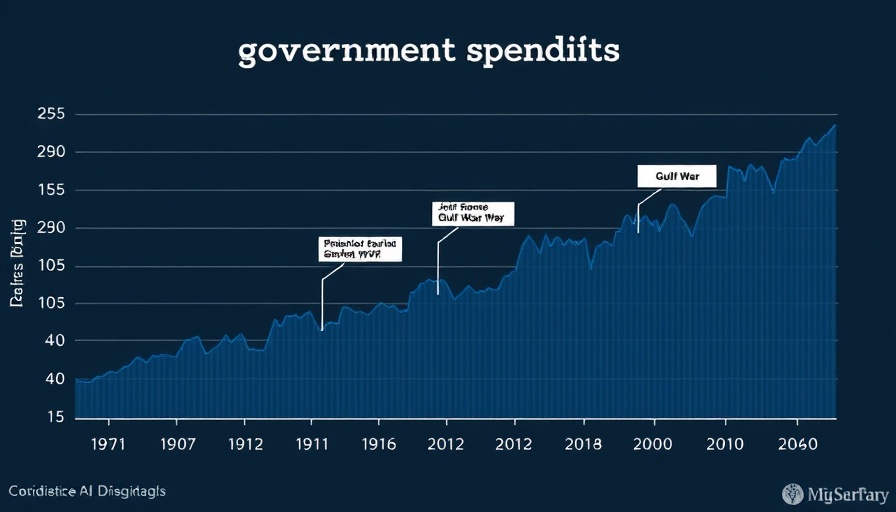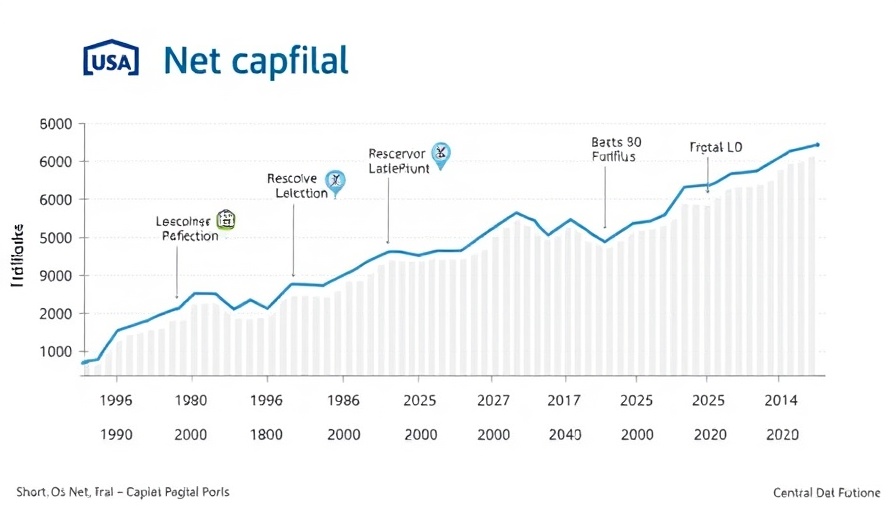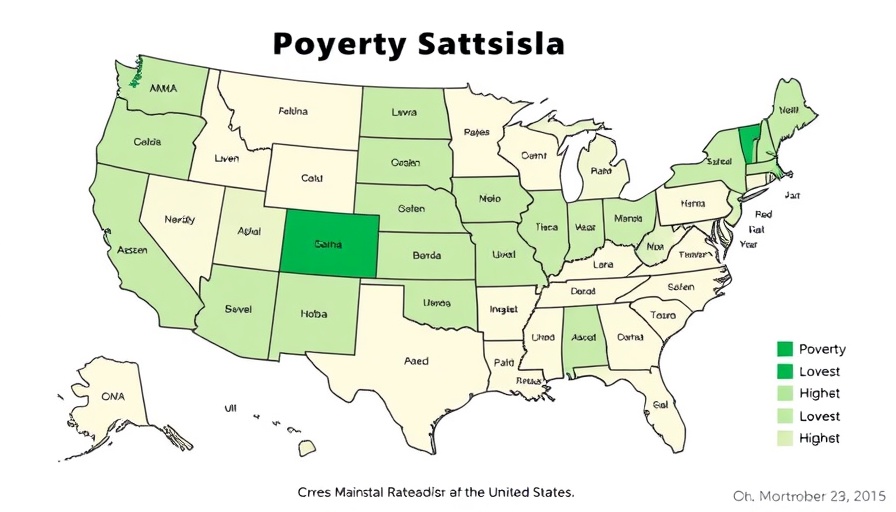
Understanding Government Spending: A Deeper Look
In today's political environment, the narrative surrounding government spending is often charged with alarmist rhetoric, yet a closer examination reveals a more complex picture. A recent critique by @TBPInvictus challenges the widely accepted assertion that government expenditures are spiraling out of control. Using charts that appear to showcase government spending as a stunning 34% of GDP, such claims can be misleading.
The first chart suggests a dire situation akin to wartime spending during significant historical events, yet investigations by economists like Paul Krugman highlight the importance of distinguishing between total spending and actual consumptive contributions to GDP. Krugman emphasizes that expenditures related to programs such as Social Security are merely income transfers, rather than direct economic contributions, thus skewing perceptions of government financial involvement.
The Reality of Government Spending
When employing correct analytical methods, spending does not appear as inflated as the initial analysis suggests. The crux of the debate hinges on the understanding of gross domestic product and its components. Many researchers cite government spending without clarifying the distinctions that can drastically alter interpretations. For example, expenditures that purchase goods directly affect GDP, while those considered income transfers do not. This careful dissection of data is imperative for discerning the truth behind governmental financial strategies.
Implications for the Top Wage Earners in Philadelphia
For high earners in Philadelphia, the implications of these discussions are not purely academic; they can influence economic behavior, tax strategies, and investment decisions. Clear insights into government fiscal policy can allow for better planning in personal finances, ensuring that communities are informed and prepared for shifts in economic conditions.
In summation, while the narrative may suggest rampant government overspending, a deeper investigation warrants a more nuanced view. It is essential for the affluent members of society to stay informed and critically engage with economic discussions, understanding that not all quantitative assertions reflect the qualitative reality.
 Add Row
Add Row  Add
Add 




Write A Comment